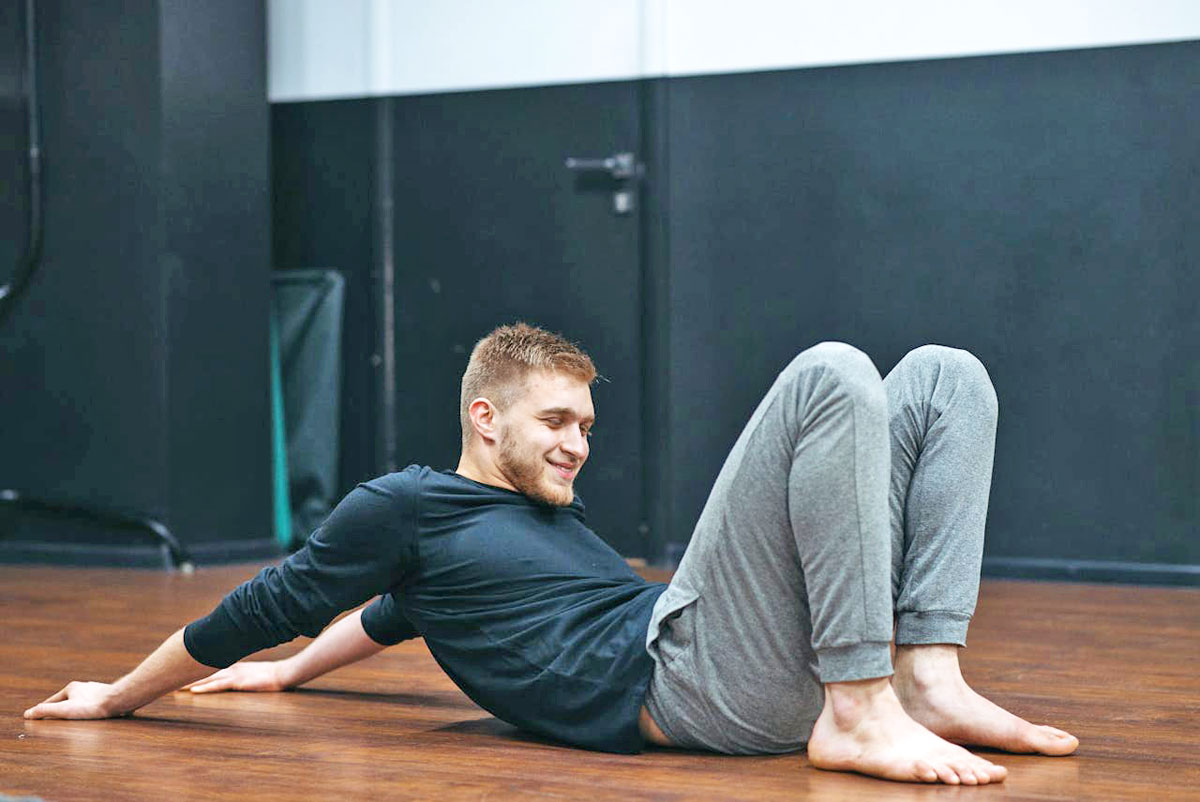The Forgotten Half of Recovery
Your smartwatch tracks your heart rate variability, your fitness ring measures your REM cycles, and your phone reminds you to hydrate hourly. But while your quads are foam-rolled into nirvana and your glutes have their own stretching protocol, one organ remains chronically neglected: your brain.
Mental recovery is no longer optional. In a world where digital overload, workplace burnout, and social-media-induced dopamine loops are the norm, fitness without mindfulness is like protein powder without water: dusty and ineffective. Welcome to the era of cognitive recovery as part of your athletic routine.
Stress Sabotages Gains – Literally
Chronic stress raises cortisol levels, impairs muscle protein synthesis, and delays physical recovery. You might be crushing PRs, but if you're also doomscrolling until 1 AM and juggling three side hustles, your sympathetic nervous system is stuck in overdrive. The result? Muscle soreness that lingers, poor sleep quality, irritability, and stagnation.
Scientific studies show that elevated cortisol can blunt testosterone, increase abdominal fat storage, and spike inflammatory markers like IL-6 and TNF-alpha. In short: your stress is making you weak. Or at least, slower to recover.
The Science Behind Mental Recovery
Neurotransmitters like dopamine, serotonin, and GABA are deeply influenced by rest, light exposure, and mental input. If you never unplug, these brain chemicals never rebalance. That leads to fatigue, mood swings, and lack of motivation. High-level athletes increasingly work with neuroperformance coaches, using heart rate variability (HRV) and cognitive tracking to gauge mental load. Some even monitor pupil dilation and alpha brainwaves. Why? Because a calm brain improves reaction time, sleep quality, and emotional regulation. And no, your tenth espresso doesn't count as a coping strategy.
Emerging research from sports neuroscience suggests that athletes who implement structured mental recovery protocols show a statistically significant improvement in recovery times, better sleep - depth, and mood stability. Brain scans even show altered connectivity patterns in the prefrontal cortex following guided meditations and breathwork interventions.
Table 1: Mental Recovery Tools (Blue Grid)
| Tool | Function | Use Case |
|---|---|---|
| Calm App | Guided meditation | Stress reduction post-workout |
| Muse Headband | EEG feedback | Track brain state during recovery |
| HRV4Training | HRV monitoring | Balance training intensity & stress |
| Headspace | Mindfulness coaching | Sleep improvement, anxiety control |
Digital Detox – Not Just for Hippies Anymore
The average North American checks their phone 96 times a day. That’s a cognitive warm-up set your brain didn’t ask for. The more time you spend in reactive mode, the less bandwidth your prefrontal cortex has for deep focus, motor coordination, and post-exercise integration.
Elite recovery protocols now include screen-free windows, daily outdoor time, and reduced audio-visual input after evening workouts. Why? Because overstimulation prevents parasympathetic dominance, which is crucial for tissue repair and hormonal reset.
Even short-term detox experiments (e.g., 72-hour social media fasts) show measurable improvements in HRV, sleep latency, and perceived recovery. A 2024 Stanford study found that participants who turned off their phones two hours before bedtime had a 17% improvement in deep sleep stages.
Table 2: Recovery Environments (Green Grid)
| Environment | Impact on Recovery | Best Practices |
|---|---|---|
| Outdoor Nature | Lowers cortisol, improves HRV | Forest walks post-exercise |
| Dark Room (No Blue Light) | Boosts melatonin, aids sleep | Avoid screens 2 hrs before bed |
| Quiet Zones | Reduces overstimulation | No podcasts post-gym |
| Cold Exposure (Brief) | Sharpens mental focus | 1–2 min cold shower |
From Zen to Gains – Why Mental Calm Fuels Progress
Athletes who integrate mindfulness into their training recover faster, perform more consistently, and avoid burnout. This isn’t woo-woo; it’s neuroscience. Calm enhances proprioception, sharpens decision-making under fatigue, and helps you actually enjoy the grind. Practices like yoga nidra, tactical breathing, and binaural beats have shown real physiological benefits. Blood pressure lowers, heart coherence improves, and sleep onset becomes quicker. If that sounds like biohacker babble, just ask the Navy SEALs – they’ve been doing it for years.
The next time you schedule deload week, include a meditation plan. Or better: treat your brain like your quads. Give it time, attention, and just enough discomfort to grow stronger.
Same Stress, Different Strategy: USA, UK, and Canada
Stress is universal—but how we deal with it isn’t. In the United States, hustle culture has long glamorized the grind. Meditation is often treated like a supplement: try it if burnout hits. In Canada, there's a stronger emphasis on balance, likely thanks to national healthcare messaging that links mental health directly to physical well-being. Apps like Calm are used proactively, not reactively. Meanwhile, in the UK, mental recovery is gaining attention through public NHS campaigns—but stigma around "mental fatigue" still lingers in traditional gym settings. The result? Brits are more likely to walk it off in a rainy park than talk openly about brain burnout.
But across all three countries, a new narrative is taking root: that resilience is built not just through pushing limits, but by knowing when to pause. Whether it's a five-minute breathing session, a no-screen Sunday, or swapping HIIT for a forest hike—athletes everywhere are slowly realizing: the mind is muscle too, and ignoring it is like skipping leg day—noticeable, risky, and not particularly smart.
Mental Fitness Is the New Core Strength
You track macros and wear compression sleeves, but leave your mind untrained. That ends now. A resilient brain is your best supplement—and it doesn’t come in powder form. Add recovery apps to your stack, switch your phone to grayscale, and breathe like you mean it. Because peak performance isn’t just about lifting more. It’s about carrying the weight of your day—with grace, focus, and maybe, just maybe, a calmer mind.













